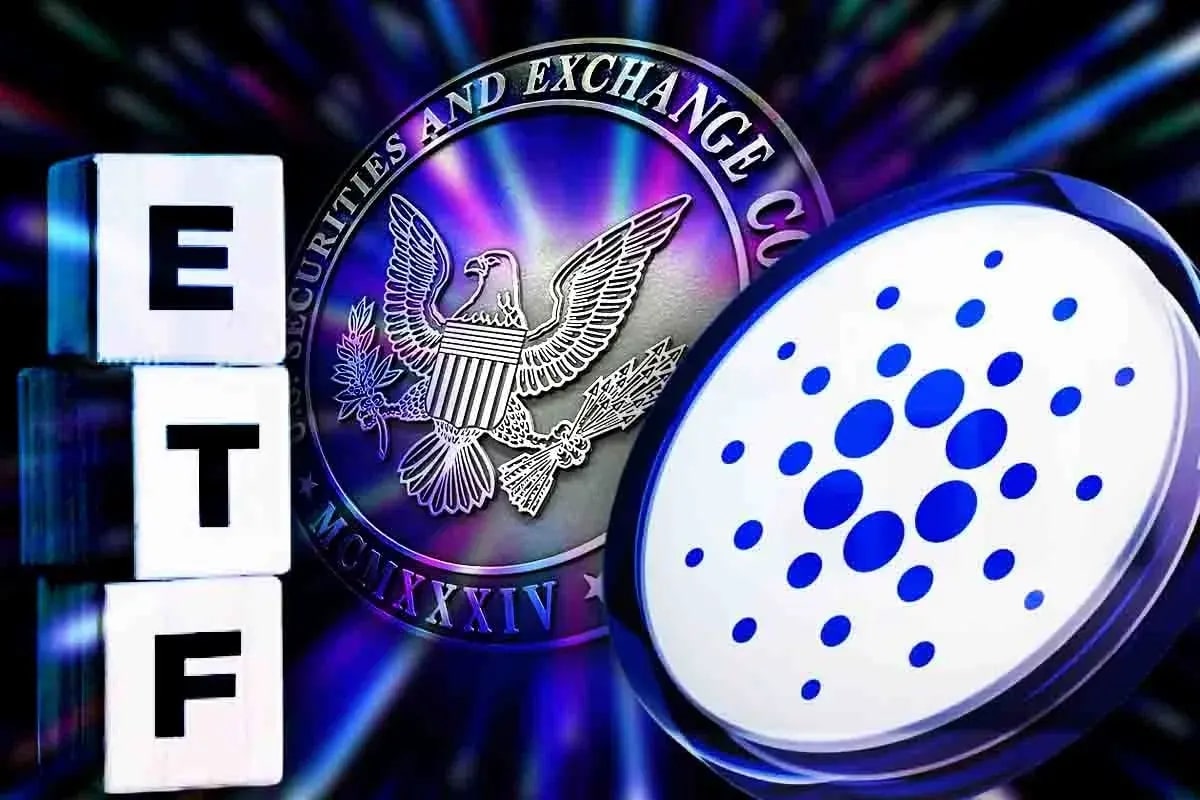Key Takeaways:
The SEC has formally postponed its ruling on Grayscale’s proposals for Avalanche (AVAX) and Cardano (ADA) ETFs.The Fee cited the necessity for extra time to guage the purposes.Public feedback and rebuttal deadlines have been prolonged, with ultimate choices anticipated later this yr.The transfer highlights persistent regulatory hesitation towards crypto ETFs past Bitcoin.
Grayscale’s Formidable ETF Plans
Grayscale, one of many largest crypto asset administration corporations, has been actively increasing its product suite by proposing new spot ETFs tied to particular person cryptocurrencies. Following the long-awaited approval of a number of Bitcoin spot ETFs earlier this yr, Grayscale turned its focus to different main layer-1 blockchain property: Avalanche (AVAX) and Cardano (ADA).
The agency’s filings intention to listing these ETFs on the Nasdaq, permitting conventional buyers publicity to AVAX and ADA with no need to straight maintain or handle the underlying digital tokens. For a lot of institutional gamers, this construction is most well-liked, providing regulatory compliance and operational comfort inside the frameworks of conventional finance.

SEC’s Newest Delay Announcement
On Might 29, 2025, the U.S. Securities and Alternate Fee (SEC) formally introduced it might be extending the overview interval for each ETF purposes. The company acknowledged that it required extra time to rigorously think about the proposals, consider market situations, and collect public enter earlier than issuing a ultimate resolution.


The brand new timeline units:
A public remark interval ending 21 days after official publication within the Federal Register.A rebuttal interval of 35 days after publication for added responses.
This marks the SEC’s newest occasion of cautious dealing with of crypto-backed exchange-traded merchandise (ETPs), an area it has traditionally approached with vital regulatory scrutiny.
Why the Delay Issues
The SEC’s hesitation comes amid rising stress to increase authorized crypto ETFs past Bitcoin. Whereas spot Bitcoin ETFs have gained traction within the U.S., altcoin ETFs — overlaying property like Ether, Solana, Avalanche, and Cardano — stay in regulatory limbo.
Key Components Influencing the SEC’s Deliberations
The SEC’s cautious stance is rooted in particular issues. These embrace the inherent dangers of market manipulation within the spot markets for the underlying cryptocurrencies. Moreover, the company is rigorously evaluating challenges associated to liquidity and the correct valuation of altcoin property. The continuing uncertainty concerning the classification and regulation of various cryptocurrencies beneath U.S. securities legal guidelines additionally performs a major function of their decision-making course of.
Till these points are resolved, regulators are anticipated to proceed delaying or rejecting non-Bitcoin crypto ETF purposes.
Affect on the Crypto Market
The SEC’s delay had a right away, if average, affect on market sentiment:
AVAX and ADA noticed minor worth fluctuations following the announcement, reflecting subdued investor expectations.The information was extensively anticipated by merchants acquainted with the SEC’s current cautious habits towards crypto funds.Institutional buyers stay in a holding sample, awaiting regulatory readability earlier than rising publicity to altcoin-backed ETPs.
Whereas no main sell-offs occurred, the delay reinforces the sense of regulatory uncertainty hanging over the U.S. crypto funding panorama.
What’s Subsequent for Grayscale
Grayscale now faces an extended ready interval as it really works to deal with potential SEC issues via supplementary filings and public commentary. The corporate is more likely to emphasize:
Strong custody and safety preparations for digital property.Complete market surveillance mechanisms to detect manipulation.Clear asset valuation methodologies.
Success in addressing these factors can be essential if Grayscale hopes to safe approval later this yr or early 2026.
Contextualizing the Delay: A Wider Regulatory View
The choice to delay the Grayscale ADA and AVAX ETFs matches into the broader narrative of U.S. crypto regulation. We’ve seen this deliberate tempo earlier than: Bitcoin spot ETFs had been solely greenlit after years of preliminary refusals and courtroom interventions. The way forward for Ether ETFs additionally hangs within the steadiness, topic to ongoing critiques and combined regulatory suggestions. Consequently, it’s affordable to count on that different ETF purposes for altcoins, together with these for property like Solana and Ripple, are both at present pending or will most likely face comparable hurdles and prolonged timelines.
This example highlights the widening hole between the U.S. and different markets reminiscent of Hong Kong, Canada, and elements of Europe, the place multi-asset and single-token crypto ETFs have already launched and attracted vital capital.
Extra Information: SEC Points Steerage on Proof-of-Work Mining and Securities Regulation








